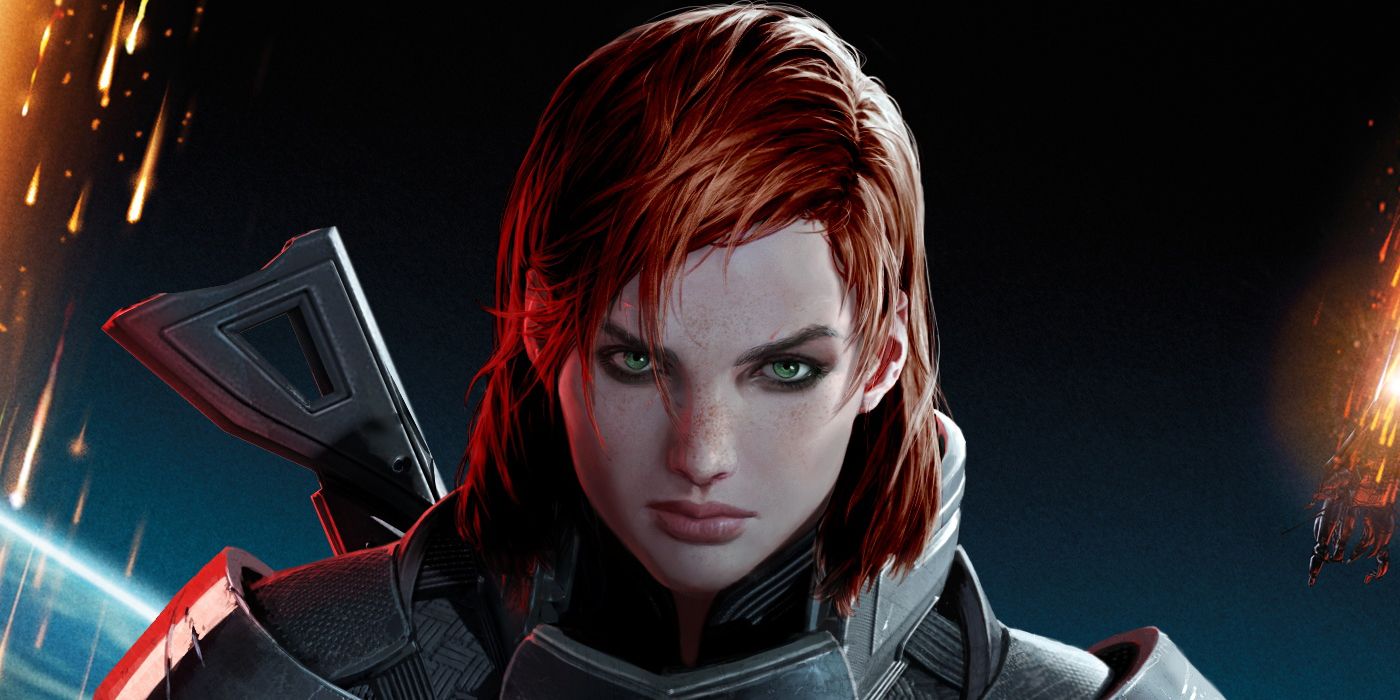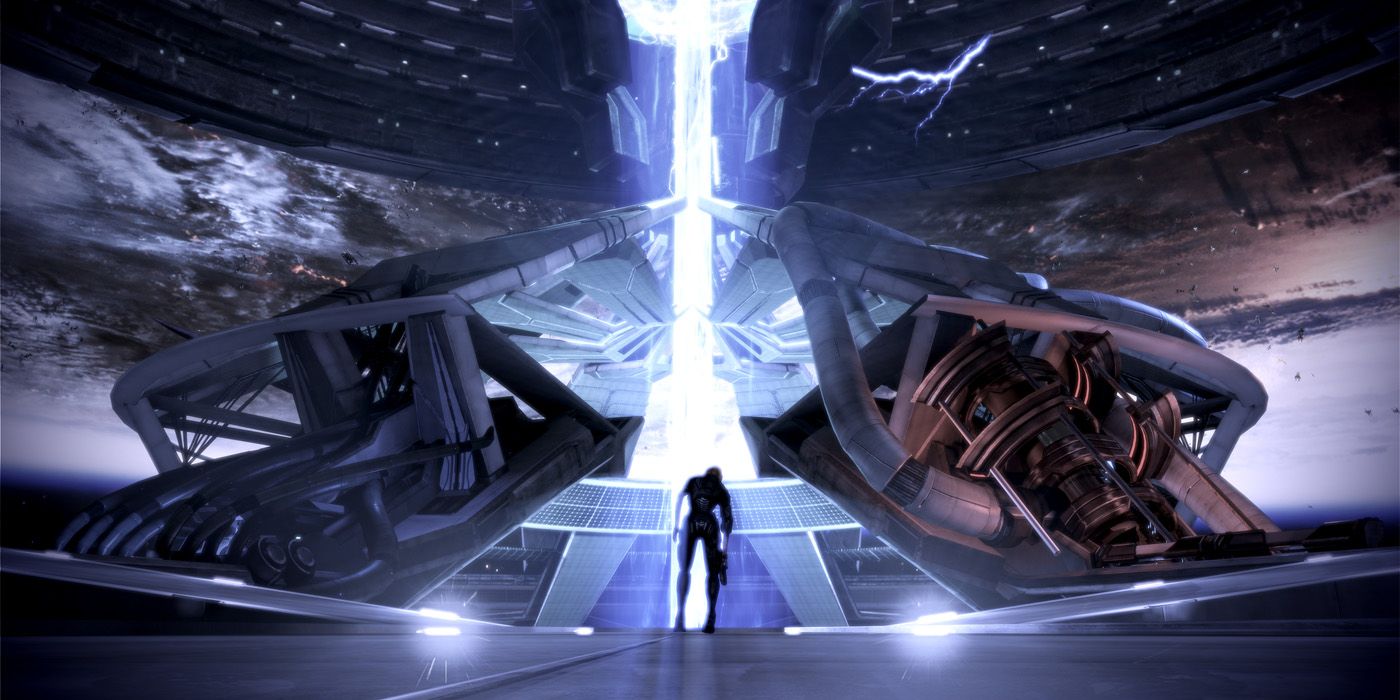Mass Effect 3's ending is arguably one of the most controversial finales for a video game series (and perhaps even entertainment franchise). But for those who continue to complain about that ending, the truth is that it isn't as bad as fans and critics remember.
The first Mass Effect game released in 2007, and it combined BioWare's unique choice-based storytelling with an action adventure that immediately hooked players. By the time Mass Effect 2 released in 2010, the franchise was a hit, with fans anxiously awaiting the final part of the trilogy, which released in 2012. Mass Effect 3 built upon the previous two games and used the choices made in those titles to bring the story to a conclusion. But many fans were upset about how the game ended: the final scene of the game required the player to make one of three choices. It was one of those choices that ultimately affected the outcome of the game.
Related: BioWare Teases The 'Next Great Mass Effect Game' For N7 Day
Considering that there were so many choices leading up to that moment, many players felt that BioWare cheated them out of a proper ending and that everything they had decided up to that point had been tossed aside. All the personal choices made up to that point seemed irrelevant, and in the end, all three endings ultimately destroyed the very mechanic that the universe based itself on: the mass relays that allowed for interstellar travel. Even worse is that the final choice only led to one of three underwhelming cutscenes. It seemed that nothing from the previous two games even mattered, and this angered fans to the point that BioWare received complaints and harassment from fans. BioWare did eventually respond by releasing longer cutscenes, but the damage was done. Those new scenes did little to satisfy longtime players of the franchise.
However, the Mass Effect 3 ending wasn't as bad as players remember. That final choice before the end is part of something bigger. That last choice required players to think about all the decisions that came before, from all three games, and then use that information to decide on the final fate of the galaxy. It required the player to become Commander Shepard and think like their version of that character to make an informed decision. Players who thought that this choice was too easy completely missed the point. They were supposed to think about it, mull it over, and decide how the story would end. If that choice came easily, then maybe, just maybe, those players were doing it wrong.
There is also the whole of the Mass Effect 3 game to consider. The ending of the story was not just what happened after that final choice. The end was the entirety of the game. This was the final chapter in the Mass Effect story, meaning that the ending was the entire game, not just those last few minutes. BioWare's idea to end Mass Effect 3 the way they did was more of an artistic decision, rather than a gimmick. Sure, it disregarded all the choices that came before (to an extent), but it was ultimately the final choice players needed to make. All of Shepard's companions were still there when he/she made that last choice. When looking at it like that, perhaps players can appreciate the Mass Effect 3 ending for what it was.
That doesn't mean that the end of the trilogy was perfect, though. Those final scenes ignored a lot of the lore and world building that BioWare wrote in previous titles. It also felt rushed, especially with the cutscenes that followed. BioWare seemed to have caved to the pressure that it could not possibly make a satisfying ending to the trilogy without simplifying it as much as possible. Even six years later, players still feel cheated. Maybe it's time to go back and play through the entire series again to truly appreciate the franchise as a whole.


